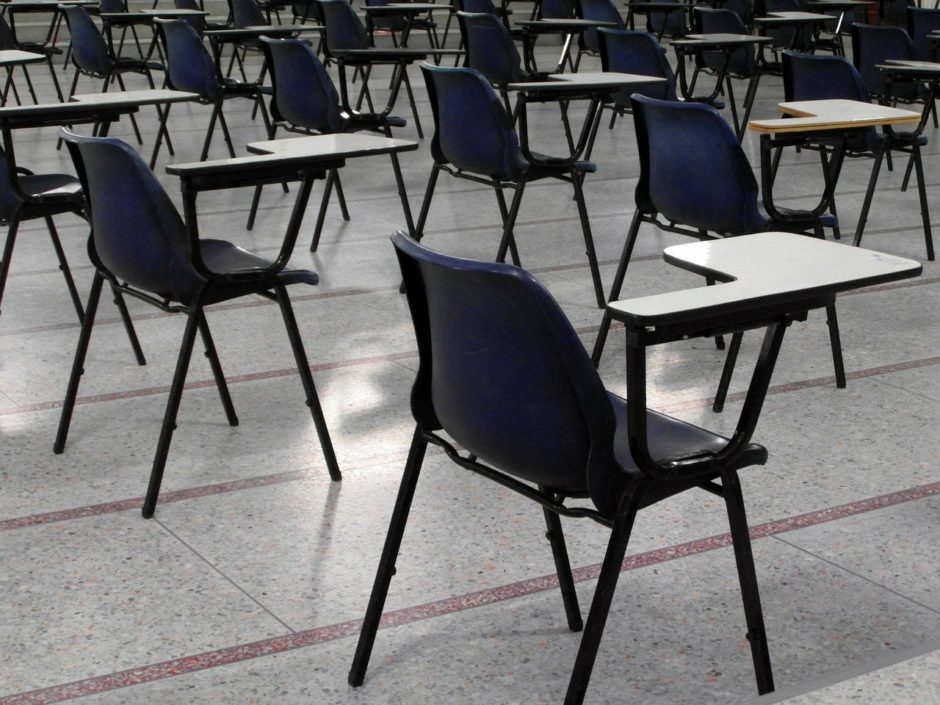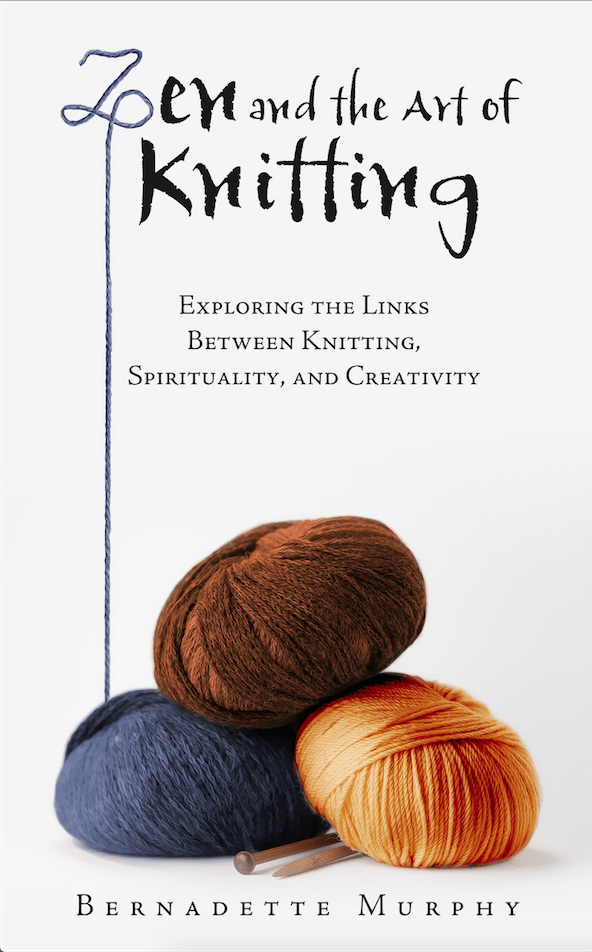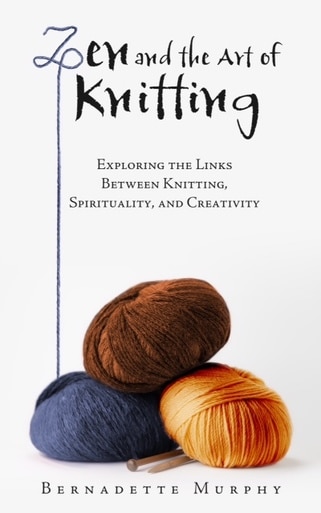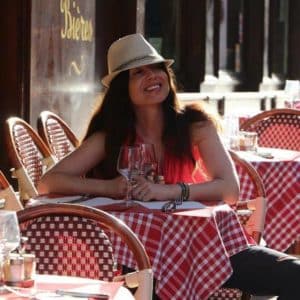By Bernadette Murphy
The alarm goes off at 6 am. It’s a sweltering Monday in August, the first day back to school for my daughter, Hope, and the last time I’ll ever oversee this annual routine. Hope will start her senior year of high school today. This time next year we’ll be leaving her at a dorm on a university campus yet to be determined.
For the past 21 years, I have been overseeing these back-to-school mornings, taking pictures of my three kids as they hoist on new backpacks filled with freshly sharped pencils that smell like sawdust, packed alongside clean binders and pristine notebooks, as they lace overly bright fresh-out-of-the-box tennis shoes, adjust new school uniforms and comb fresh haircuts. My oldest, Jarrod, finished his Bachelor’s degree a year ago and is now in his first real job. My middle son Neil is about to start his junior year in college and has been living away from home since we dropped him at his dorm three years ago. And now, Hope’s a senior.
My job as a mother – a job that has consumed and thrilled and exhausted and tried and awed me for more than 23 years — is coming to an end. Continue Reading…






